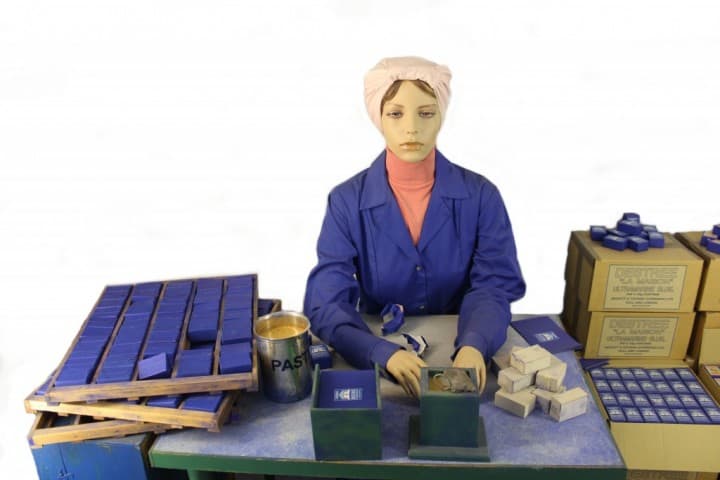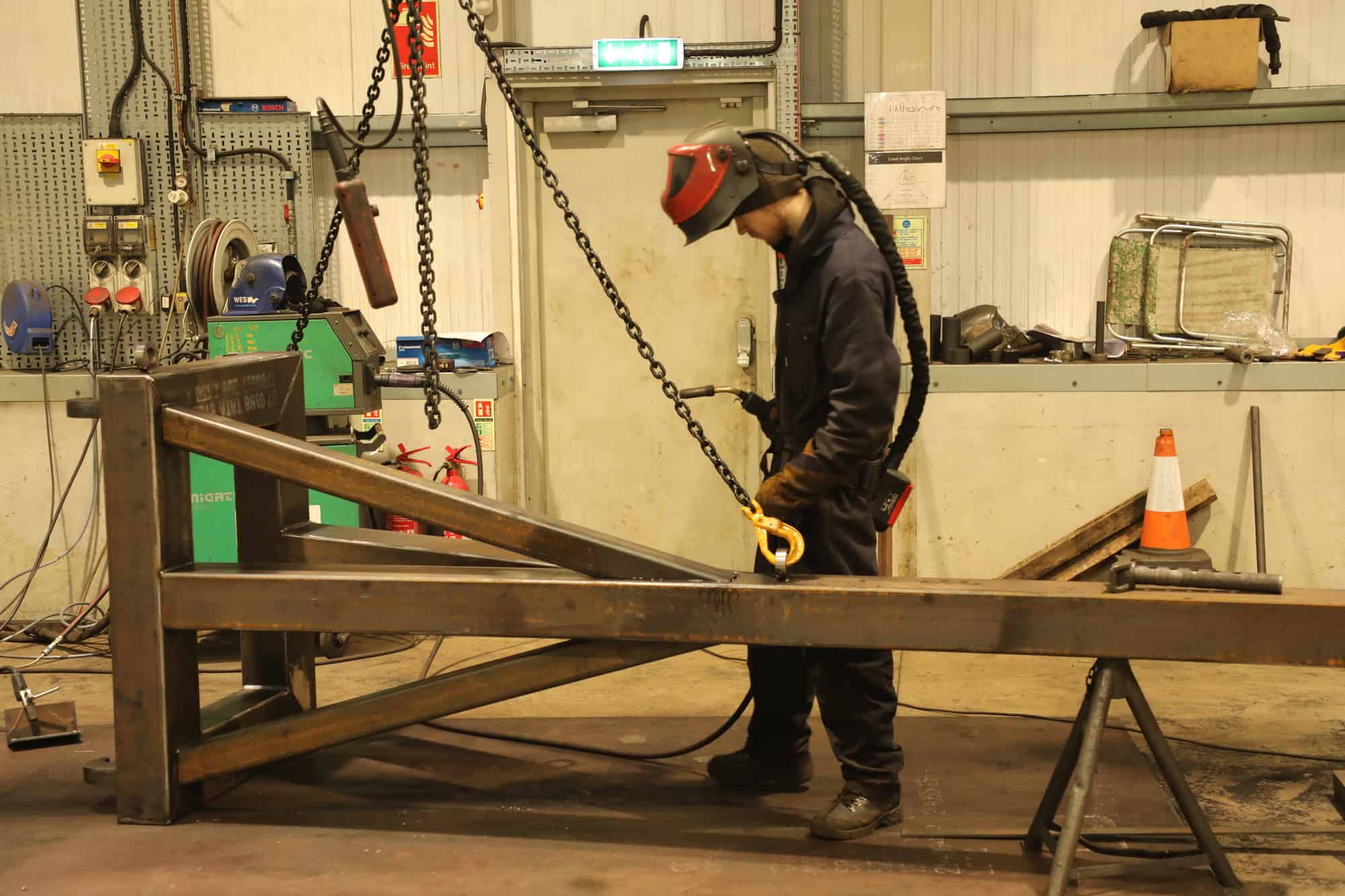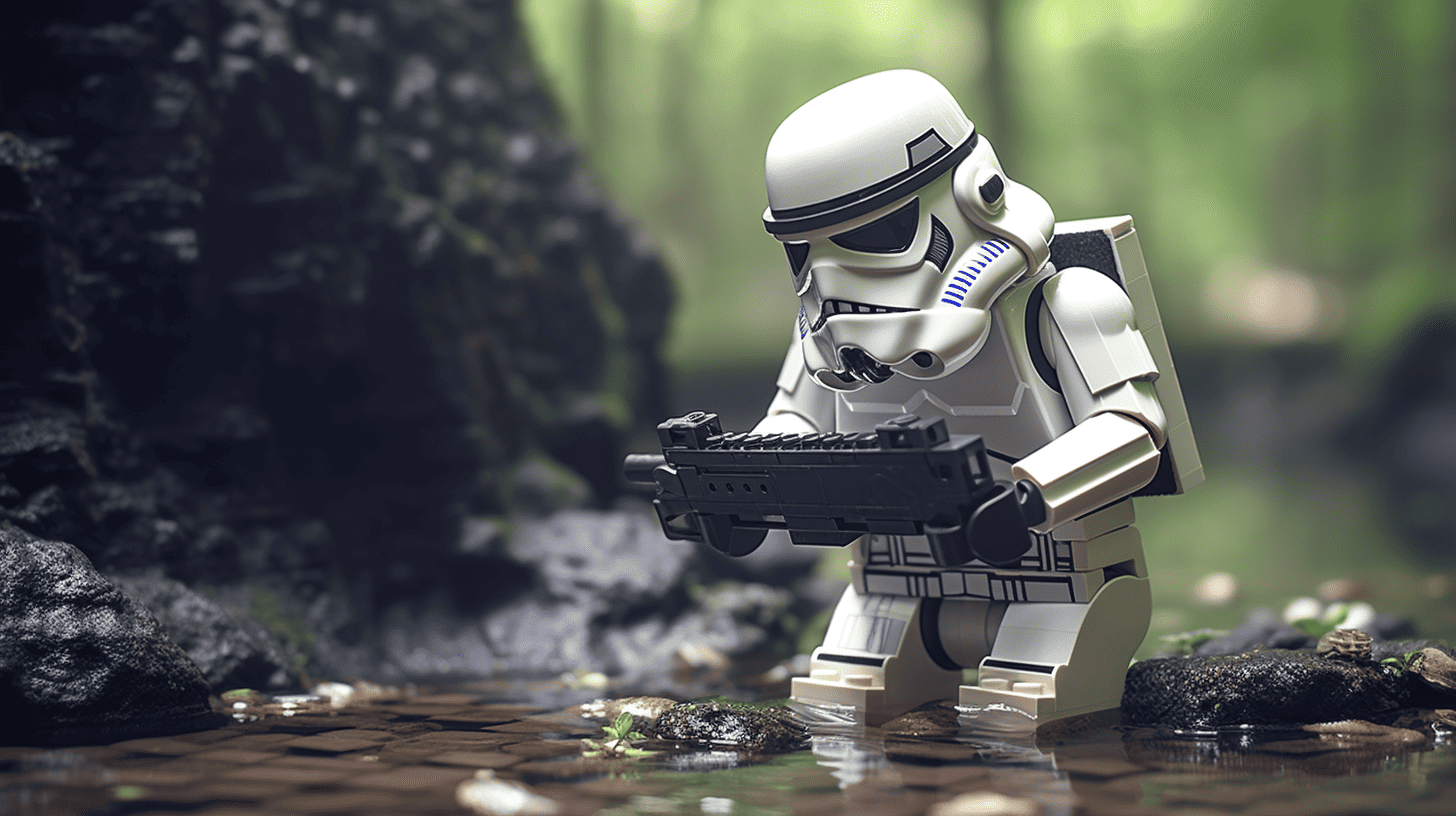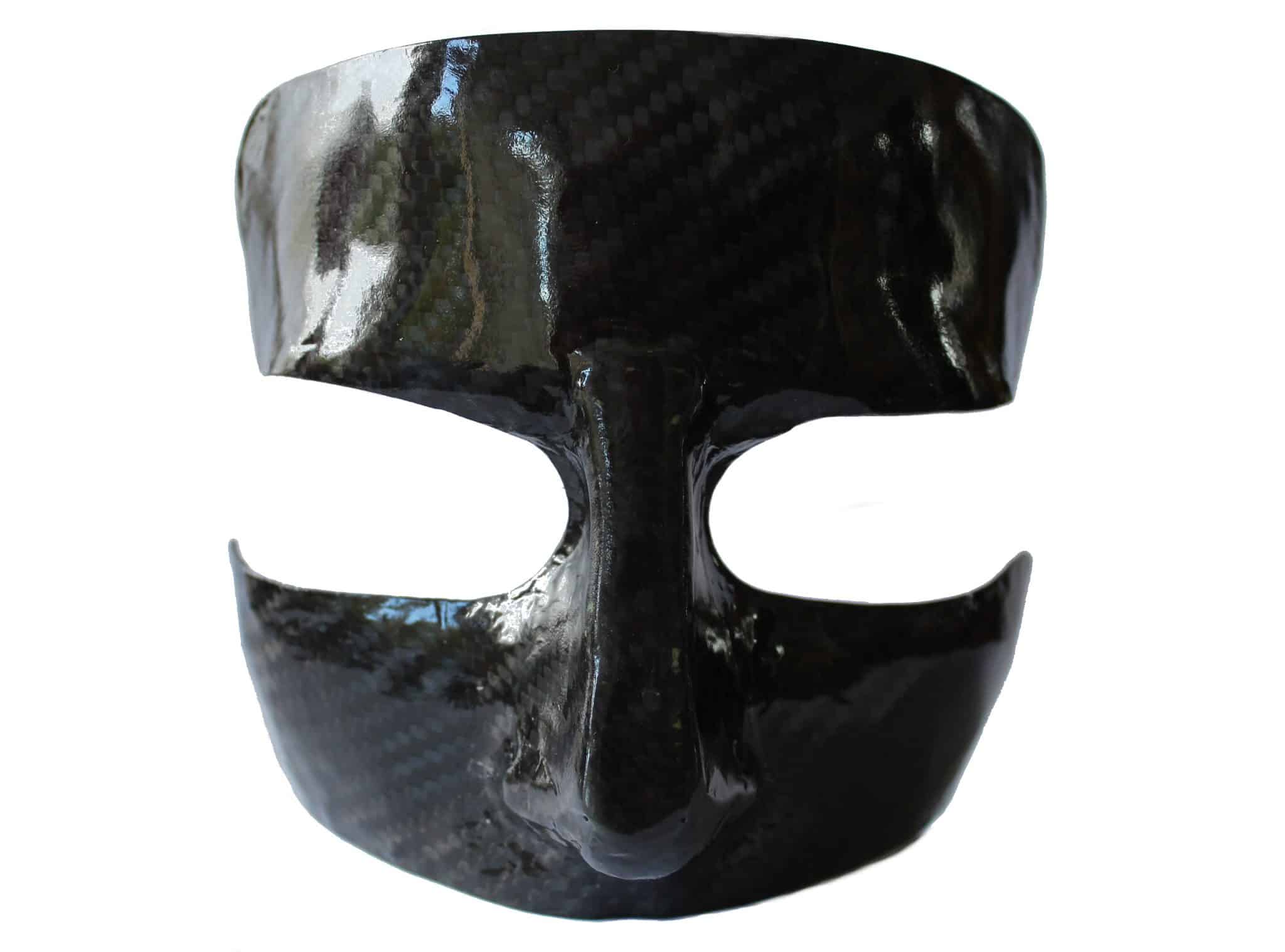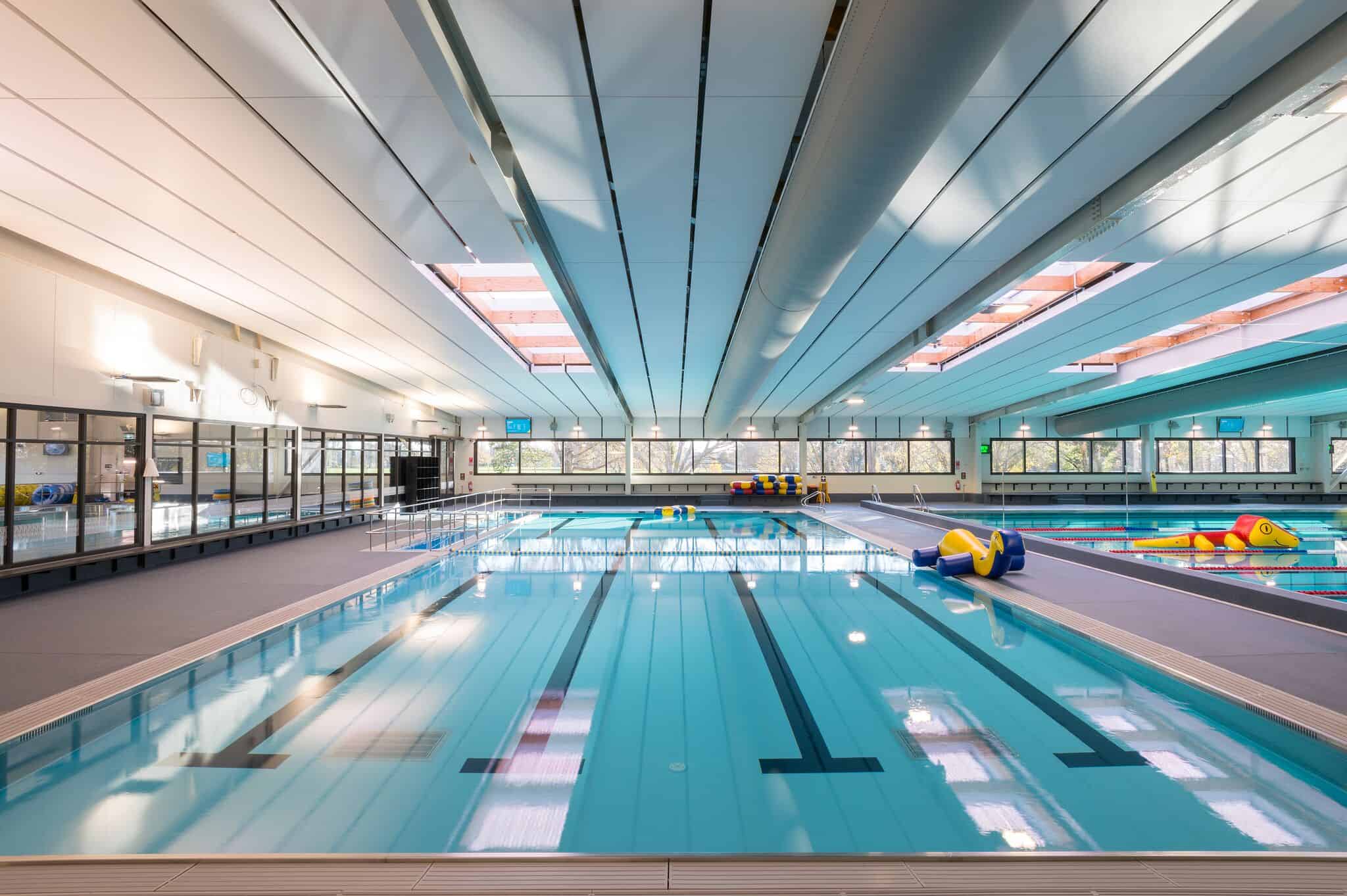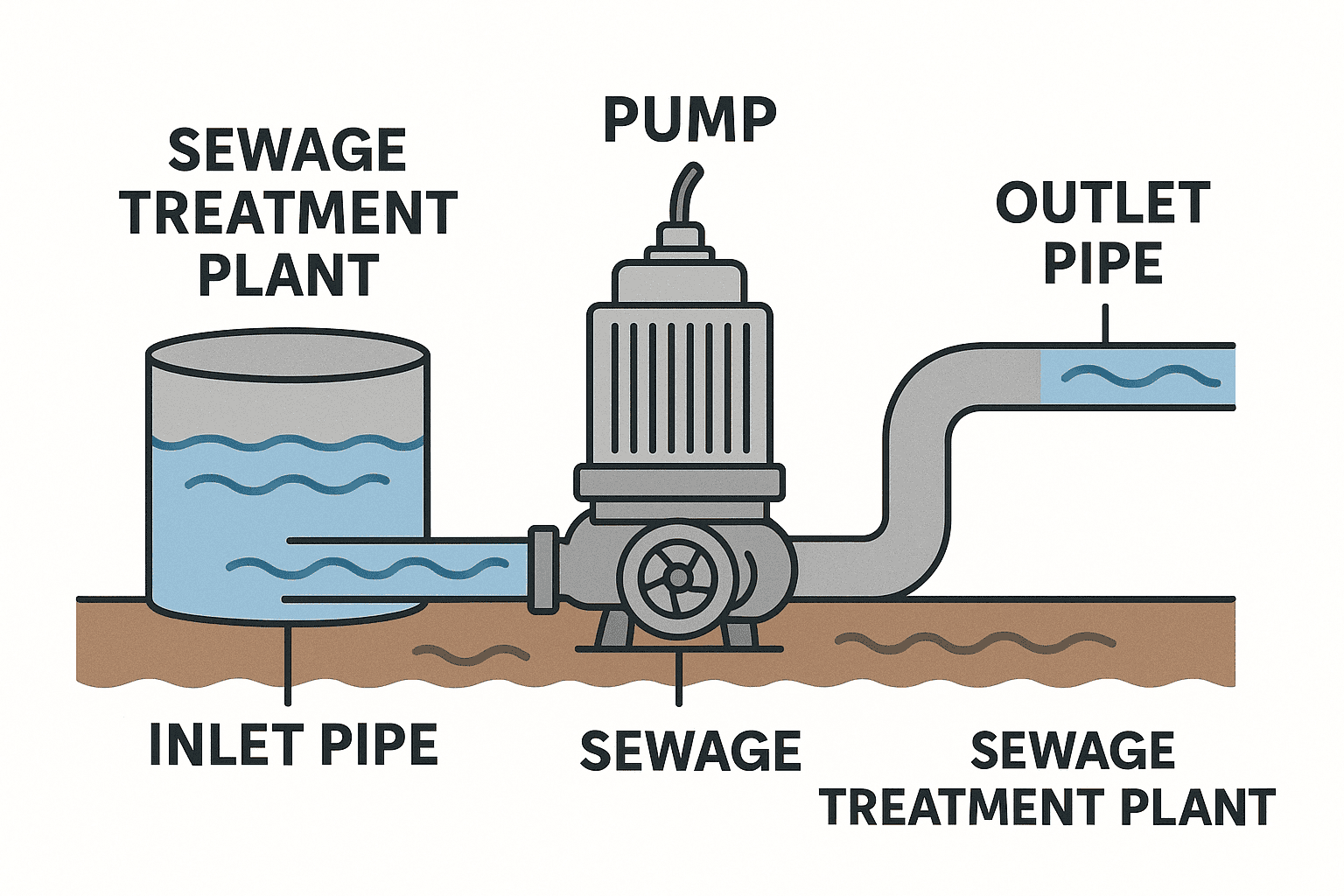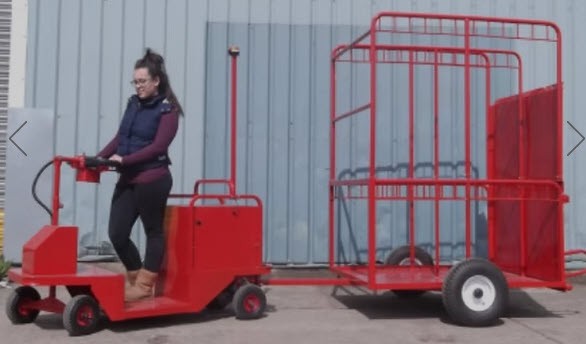The future of UK manufacturing is likely to be shaped by several factors, including technological advancements, changing global markets, and the UK’s economic policies.
On the one hand, the UK manufacturing sector has faced significant challenges in recent years, including the uncertainty surrounding Brexit, the COVID-19 pandemic, and increased competition from low-cost manufacturing countries such as China. However, the UK has also made strides in investing in advanced manufacturing technologies, such as robotics, automation, and 3D printing, which could help to drive growth in the sector.
One potential area of growth for UK manufacturing is in the production of high-tech goods, such as aerospace and defense equipment, renewable energy technology, and medical devices. The UK has a strong track record in these areas, and with the right investment and support, could continue to compete on a global scale.
Another key factor in the future of UK manufacturing is the government’s policies and incentives to support the sector. The UK government has already announced a number of initiatives aimed at boosting manufacturing, including the creation of a new Office for Investment to help attract overseas investment, the establishment of a National Infrastructure Bank to fund key projects, and increased support for research and development.
Overall, while the UK manufacturing sector may face some challenges in the coming years, it also has significant opportunities for growth and innovation, particularly in high-tech industries. By investing in the right technologies and policies, the UK could position itself as a leader in advanced manufacturing and continue to compete on the global stage.
1. Manufacturing changing From … To
Manufacturing in the UK has undergone significant changes over the past 50 years. Here are some of the key trends:
- Decline in employment: Manufacturing employment in the UK has declined significantly over the last 50 years. In the 1970s, manufacturing accounted for around 25% of total employment in the UK, but this has since fallen to around 8%. This is largely due to the growth of the service sector and the outsourcing of manufacturing to countries with lower labor costs.
- Increase in productivity: While employment in manufacturing has declined, productivity has increased. This is due in part to technological advancements, such as automation, which have allowed UK manufacturers to produce more with fewer workers. The adoption of lean manufacturing practices and the use of digital technologies have also contributed to higher productivity.
- Shift in focus: UK manufacturing has shifted from heavy industries, such as steel and coal, to higher-value sectors such as aerospace, pharmaceuticals, and automotive. This has been driven by changes in global demand, technological advancements, and government policies aimed at promoting high-tech industries.
- International competition: UK manufacturers now face significant competition from low-cost manufacturing countries such as China and India. This has led to increased pressure on UK manufacturers to become more competitive and to focus on high-value, innovative products.
- Environmental concerns: In recent years, there has been a growing focus on environmental sustainability in manufacturing. This has led to the development of new technologies and processes aimed at reducing waste and emissions, as well as increased regulation and scrutiny of manufacturing practices.
Significant Changes
Overall, UK manufacturing has undergone significant changes over the last 50 years, reflecting shifts in global demand, technological advancements, and environmental concerns. While the sector has faced challenges, it continues to play an important role in the UK economy and has the potential to drive growth and innovation in the future.
| From | To | |
| Process | Consistent, Limited flexibility | Agile, Highly collaborative and capable |
| Measures | Cost, quality (now a given) delivery | Efficiency, Sustainability, global impact |
| Facilities | Legacy locations, equipment and infrastructure | Innovative, sustainable |
| People | Specialised workers, processes, reliant on intervention | Knowledge based, continuous improvement |
2. Additive Manufacturing AM
Additive manufacturing, also known as 3D printing, has seen significant growth and development over the past few years. Here are some of the key trends in additive manufacturing:
- Industrialisation: Additive manufacturing has traditionally been used for prototyping and small-scale production. However, in recent years, there has been a shift towards using additive manufacturing for large-scale production, particularly in the aerospace and automotive industries. This trend is driven by improvements in speed, precision, and reliability of additive manufacturing technologies.
- Materials: There has been an increase in the number and variety of materials that can be used in additive manufacturing. In addition to traditional plastics and metals, additive manufacturing can now use ceramics, composites, and even biological materials. This has opened up new applications in areas such as healthcare, where 3D printing is being used to create customized medical implants.
- Automation: Automation is becoming increasingly important in additive manufacturing. This includes automated part handling and post-processing, as well as the use of artificial intelligence and machine learning to optimize 3D printing processes.
- Sustainability: Additive manufacturing has the potential to be more sustainable than traditional manufacturing methods, as it can use less material and produce less waste. However, there is also a need to ensure that additive manufacturing processes and materials are themselves environmentally sustainable.
- Integration: Additive manufacturing is increasingly being integrated with other manufacturing technologies, such as CNC machining and injection molding. This allows for the creation of hybrid manufacturing processes that combine the advantages of additive and subtractive manufacturing.
So a change from the process of removing material to the processing of adding material and building up
The future
- Prices are dropping
- Smaller batch production
- Accuracy improving
- Complexity is FREE (it just takes time)
- High value parts and low volume
- So could AM move to lower value higher volume?
3. Robotics
Robotics have had a significant impact on manufacturing in the UK. Here are some of the key changes that robotics have brought to the manufacturing sector:
- Increased productivity: Robotics have significantly increased the speed and efficiency of manufacturing processes, enabling UK manufacturers to produce more goods in less time. This has led to increased productivity and reduced labor costs.
- Improved quality: Robotics are able to perform repetitive tasks with greater precision and consistency than humans, leading to improved product quality and fewer defects.
- Flexibility: Robotics can be easily reprogrammed to perform different tasks, allowing UK manufacturers to quickly adapt to changes in demand or new product designs. This has increased the flexibility of UK manufacturing and made it easier to produce custom or specialized products.
- Safety: Robotics are able to perform dangerous or physically demanding tasks, reducing the risk of workplace injuries for UK manufacturing workers.
- New capabilities: Robotics have opened up new possibilities for UK manufacturing, such as the ability to perform complex tasks or create intricate designs that would be difficult or impossible for humans to accomplish.
- Cost savings: While the initial investment in robotics can be significant, the long-term cost savings can be substantial, particularly in industries with high labour costs.
Manufacturing Innovative Garden Furniture
Current Outdoor Furniture Options
Even with British weather enjoying an outdoor lifestyle has become a key part of modern life. Where possible we seem to spend more time enjoying the great outside, and the garden has become another entertaining and relaxing area of the home.
As we spend more time eating, drinking and relaxing outside so we need tables and chairs that reflect our lifestyle and allow us to create an outdoor environment suitable for British weather creating an ideal opportunity for innovative garden furniture.
The current garden furniture options available include
- Moulded plastic (typically white) where you get four chairs and a self assembly plastic table, and if you are lucky a telescopic parousel
- Wooden furniture (teak equivalent) that is self assembled. This typically looks great for the first year but some of the very cheap low quality units can fail very quickly when exposed to British weather
- High quality robust wooden furniture typically used for amenity outdoor seating
- Rattan furniture which in some cases can look as good inside a house as well as in the garden. That is until the winter when most manufacturers will suggest that the furniture is either stored inside or covered
Innovative Garden Furniture The Future
In the future your wooden garden furniture wont have to look like everybody else’s and once manufactured it can be left outside for over fifty years without suffering any deterioration. In fact this innovative garden furniture already exists and is called Amarantine® .
This furniture manufactured in Suffolk is a revolutionary concept in outdoor furniture, combining sophistication of design and exceptional durability to create unique designs of style, comfort and distinction all suitable for outdoor use.
Some facts about Amarantine®
- Amarantine® material is guaranteed for fifty years, no need to paint, spray, rub down or treat.
- Amarantine® is sustainably sourced and FSC certified so its good for the environment
- Amarantine® outdoor garden furniture does not need protection from weather so you can leave it on the patio in full view looking fantastic
- Amarantine® furniture is handmade by crafstman and is fully assembled
For more information about websites that could sell Innovative garden furniture click here for marketing information from a marketing and sales professional click here
Composite Manufacturers UK Keeping English Footballers On The Pitch
If you have watched professional football recently then the chance is that you will have seem a player wearing a protective face mask made by a composite manufacturers uk.
These masks provide protection to the player who has previously sustained an injury most commonly a broken nose or a cheek bone fracture.
Without the protection of a mask a player would be out of action for six to eight weeks. With a carbon fibre composite mask a player can be back playing within a couple of weeks.
Composite Manufacturers Helping Football.
The composite manufacturers UK use a variety of techniques to create the protective masks.
In order to create a face mask that will provide maximum protection a perfect fit is necessary. To achieve the perfect fit a mould is made of the players face. Now importantly if a player has suffered a break then the likelihood is that the face will have become swollen and therefore a mould cannot be taken until the swelling as gone down.
There are a wide variety of approaches to constructing a composite mask. One of the most popular techniques is to use a Kevlar element as the strengthening piece to protect the bridge of the nose. Carbon fibre is then used to hold the Kevlar in place and provide the structure that fits against the face. Straps can then be placed around the mask to secure it to the face.
Composite manufacturers UK face masks provide clubs incredible value
Interestingly it looks as if some clubs are actually having masks made in advance of an injury that way in the event of a carbon fibre mask being required it is available immediately.
The value to the club and player is immense. If a player can resume contact training within a couple of weeks and actually start playing competitively if required this can have a significant impact.
For more information on composite manufacturers UK click here for information on developing products that provide immense market value click here
If you are a UK composite manufacturer who would like to improve your website and digital marketing contact us or click here to see our portfolio
Want to pick up the phone and speak to us about your Website project?
Call us on: 01733 361729 mail: solutions@bdolphin.co.uk
Stainless Steel Swimming Pools Perfect For Roofs
Stainless Steel Swimming Pools helping you chill and unwind when you live in the city.
Let’s imagine you are living in a populated fast moving city where space is at a premium. You live in a high rise apartment with great views especially once you get on the roof.
What could be better than converting the “wasted” area of the roof into an area where you can relax and escape the hectic pace of city life?
Stainless swimming pools a perfect solution for roof gardens
- Would you be better with a Free-standing swimming pool and built-in equipment room. For a new build you could benefit from a built in stainless swimming pool and perhaps even add a moving pool floor thus providing even more versatility to the roof space
- Stainless steel is a great material constructing swimming pools but beware there are many grades and different levels of quality. Poor quality stainless can tarnish over time, so a quality swimming pool manufacturer such as Wrightfield will be able to offer advice and guidance
- Stainless steel is resilient to UV light (unlike some plastics), sun light and heat and frost
- When fabricated correctly the smooth surfaces that can be achieved through stainless steel swimming pools are ideal in terms of hygiene and require very little cleaning (unlike ceramic tiles)
- Size matters. A standard sized pool will be manufactured for a lower cost than custom made stainless swimming pools
- Standard steel swimming pools can be prefabricated at the factory, which allows extremely faster more efficient construction and assembly
- Custom SS swimming pools can be designed and made to any shape and size. If you are looking for an individual shaped pool then stainless steel can provide this
The Future Of Manufacturing for SME’s
There are several key developments and trends shaping the landscape of small and medium-sized enterprise (SME) manufacturing.
- Digital Transformation: SME manufacturing has been increasingly embracing digital technologies to enhance productivity, efficiency, and competitiveness. This includes the adoption of automation, robotics, Internet of Things (IoT) devices, and data analytics to streamline operations, optimise supply chains, and improve decision-making.
- Additive Manufacturing (3D Printing): 3D printing has gained popularity in SME manufacturing due to its ability to create complex designs, reduce lead times, and enable cost-effective production of small batches or customised products. This technology has found applications in various industries, ranging from prototyping to final part production.
- Smart Factory Concepts: The concept of smart factories, driven by advanced technologies like artificial intelligence (AI), machine learning, and interconnected systems, has gained momentum. SMEs are adopting smart manufacturing solutions to achieve real-time monitoring, predictive maintenance, and agile production, leading to increased productivity and flexibility.
- Sustainable Manufacturing: The focus on sustainability has influenced SME manufacturing, with companies incorporating environmentally friendly practices. This includes the use of energy-efficient machinery, waste reduction, recycling initiatives, and the development of eco-friendly products to meet growing consumer demand for sustainability.
- Customisation and Personalisation: SMEs are leveraging manufacturing technologies to offer customisation and personalisation options to customers. By utilising digital design tools and flexible production methods, they can cater to individual preferences and produce unique products, giving them a competitive edge in the market.
- Collaborative Ecosystems: SME manufacturers are increasingly engaging in collaborative networks and ecosystems. These collaborations can involve partnerships with other SMEs, suppliers, research institutions, or larger companies to share resources, expertise, and access to new markets. Such collaborations enable SMEs to tackle complex challenges and seize opportunities collectively.
- Reshoring and Nearshoring: The COVID-19 pandemic and disruptions in global supply chains have prompted many SMEs to reconsider their manufacturing strategies. Reshoring (bringing production back to the home country) and nearshoring (locating production facilities closer to the home country) have gained traction as SMEs seek to reduce supply chain risks, improve quality control, and have more localised operations.
- Skills Development and Training: As technology advances, the demand for a skilled workforce adept in digital manufacturing and emerging technologies increases. SMEs are investing in employee training and upskilling programs to ensure their workforce possesses the necessary skills to operate and maintain advanced manufacturing systems.
- E-commerce and Direct-to-Consumer (D2C) Models: The rise of e-commerce and D2C models has provided SME manufacturers with new avenues to reach customers directly. By leveraging online platforms and marketplaces, SMEs can bypass traditional distribution channels and gain better control over their sales and marketing strategies.
The manufacturing landscape is constantly evolving, and new developments and trends are constantly developing.
For more information on the future of manufacturing and how marketing approaches will be affected contact us

